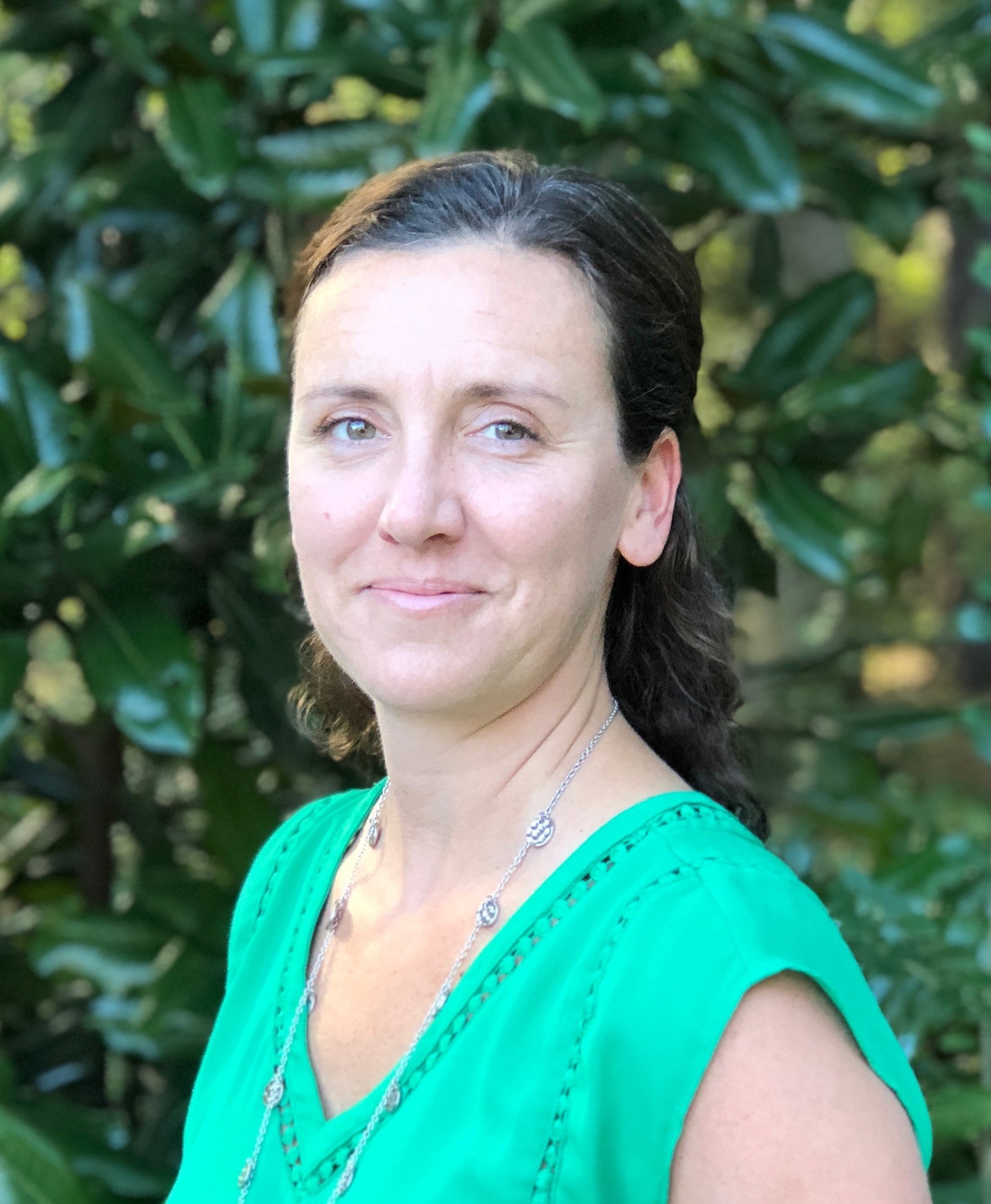September 23, 2020 – Webinar
The Deepwater Horizon oil spill occurred in 2010 roughly 50 miles off the Louisiana coastline. Nearly 172 million gallons of oil entered the Gulf of Mexico, impacting animals, humans, and the environment. In this webinar, experts provided insights into Deepwater Horizon’s impacts to Louisiana – specifically on human communities, wetland plants and fish – as well paths forward into the future. Click here to see the agenda.
Introduction, Emily Maung-Douglass, PhD.
IMPACTS to WETLANDS: Fish and vegetation
Irving Mendelssohn, PhD., Ten-years after the Deepwater Horizon oil spill: Impact and recovery of wetland vegetation
Charlie Martin, Ph.D., Nearshore fishes after the Deepwater Horizon oil spill: What do we know a decade after the spill?
HUMAN COMMUNITIES: IMPACTS and NEEDS
Vanessa Parks, Ph.D., Behavioral health after oil spills
Christine Hale and Missy Partyka, Lessons learned from listening: What communities need to prepare for disaster
Question/answer panel with all speakers
Speaker biographies
Irvin g Mendelssohn, PhD., Louisiana State University
g Mendelssohn, PhD., Louisiana State University
Bio: Dr. Irving Mendelssohn is a Professor Emeritus in the Department of Oceanography and Coastal Sciences, College of the Coast and Environment, Louisiana State University and both a Fellow and Merit Awardee of the Society of Wetland Scientists. His primary research interests are the influence of environmental stressors and disturbances on wetland plant condition and the restoration of affected wetlands and he has published extensively on these topics. Most recently, he served as the principal investigator for a 4-year GoMRI investigation of the response of the salt marsh ecosystems to the Deepwater Horizon oil spill and co-PI on a GoMRI-funded project to synthesize our present knowledge of Deepwater Horizon oil-effects on wetlands.
Charlie Martin, Ph.D., University of Florida/Institute of Food and Agricultural Sciences
Bio: Charlie Martin is a Research Assistant Professor stationed full time at the UF/IFAS Nature Coast Biological Station and currently serves as Associate Editor for Aquatic Invasions and BioInvasions Records . Dr. Martin received his BS in Biology and PhD from the University of South Alabama. More recently, he served as a Postdoctoral Researcher at Louisiana State University studying the effects of the Deepwater Horizon oil spill on coastal flora and fauna. Dr. Martin’s research involves examining how natural processes and human activities influence the structure and function of estuarine ecosystems. His current research experimentally assesses how factors such as climate change, invasive species, oil spills, trophic interactions, loss of biodiversity, and hydrology affect Gulf of Mexico ecosystems.
HUMAN COMMUNITIES: IMPACTS and NEEDS
 Vanessa Parks, Ph.D., University of Mississippi
Vanessa Parks, Ph.D., University of Mississippi
Bio: Vanessa Parks is a postdoctoral research associate at the University of Mississippi’s Center for Population Studies. She completed her doctoral studies in sociology at Louisiana State University in 2019. Her work focuses on the relationships between social capital, health, and well-being in the context of both acute and slow-onset crises. In 2017, she was named a Gulf of Mexico Research Initiative Scholar for her work on the Deepwater Horizon oil spill.
Christine Hale, M.Sc., Harte Research Institute for Gulf of Mexico Studies – Chris Hale is the Program Manager for  the Socio-Economics Group at the Harte Research Institute. Her work addresses issues that involve potential human impact on ocean, coastal, and natural environments, and how humans are impacted by nature. She helps develop the interdisciplinary research and engagement portfolio of the Harte Research Institute and its regional and international network. Chris has a background in marine science and human dimensions, and previously served as a member of the Gulf of Mexico Sea Grant Oil Spill Science Outreach Program.
the Socio-Economics Group at the Harte Research Institute. Her work addresses issues that involve potential human impact on ocean, coastal, and natural environments, and how humans are impacted by nature. She helps develop the interdisciplinary research and engagement portfolio of the Harte Research Institute and its regional and international network. Chris has a background in marine science and human dimensions, and previously served as a member of the Gulf of Mexico Sea Grant Oil Spill Science Outreach Program.

Featured image: Mark Shirley of Louisiana Sea Grant and student in a Louisiana wetland throw a cast net during a Marsh Maneuvers field course. (Louisiana Sea Grant)
You must be logged in to post a comment.